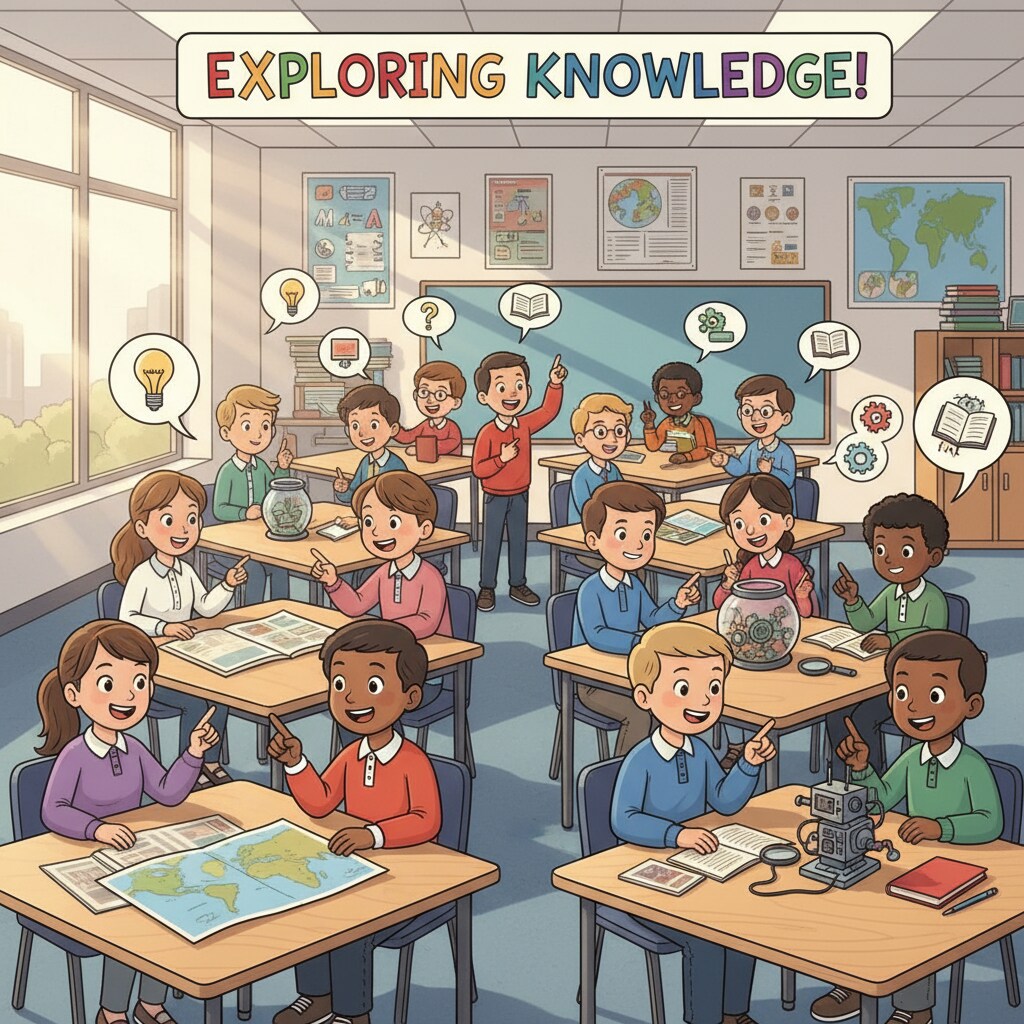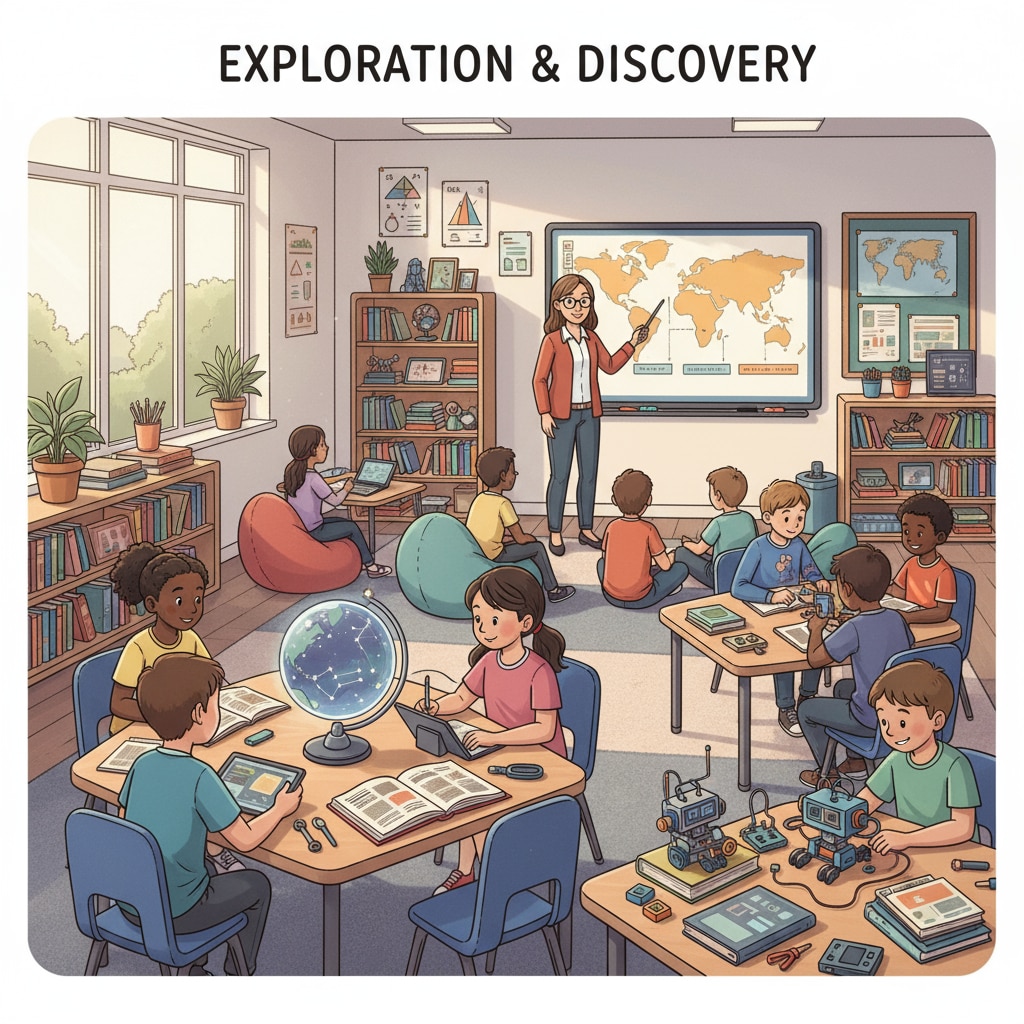In the realm of education, the concept of lifelong learning has emerged as a cornerstone for achieving success. In K12 education specifically, instilling the habit and mindset of lifelong learning can significantly impact a student’s future prospects. Lifelong learning is not just about acquiring knowledge during school years but maintaining a hunger for learning throughout one’s life.

As the world experiences a rapid pace of change, driven by a knowledge explosion and continuous technological innovation, the ability to be a lifelong learner has become essential for survival and development. This article delves into how cultivating lifelong learners in K12 education can be the key to future success.
The Imperative of Lifelong Learning in K12
In today’s world, the amount of information available is expanding exponentially. According to Knowledge management on Wikipedia, the digital age has led to an overload of data. K12 students need to be equipped with the skills to sift through this information, learn continuously, and adapt to new situations. Lifelong learning in this context helps students build a solid foundation for future success. For example, students who develop a love for learning early on are more likely to pursue higher education and excel in their chosen fields.

Cultivating Lifelong Learners in K12
Educators play a crucial role in fostering lifelong learning among K12 students. Teachers can create an environment that encourages curiosity and exploration. By incorporating project-based learning, students are motivated to seek answers independently. Additionally, providing access to a wide range of resources, such as libraries and online platforms, exposes students to diverse knowledge sources. As a result, students start to take ownership of their learning journey. Education on Britannica emphasizes the importance of creating engaging learning experiences.
Parents also have a significant part to play. At home, they can encourage reading, discuss current events, and support their children’s interests. This helps inculcate a love for learning outside the classroom as well. By working together, schools and parents can create a holistic environment that nurtures lifelong learners.
In conclusion, education in the K12 phase is the perfect breeding ground for cultivating lifelong learners. Those who embrace lifelong learning are more likely to achieve success in an ever-evolving world. By focusing on developing the right attitudes and skills in K12 students, we are not only preparing them for the present but also equipping them for a successful future.
Readability guidance: Short paragraphs and lists are used to summarize key points. Each H2 section provides a list-like structure. The proportion of passive voice and long sentences is controlled. Transition words like ‘however’, ‘therefore’, ‘in addition’, ‘for example’, and ‘as a result’ are scattered throughout the text.


